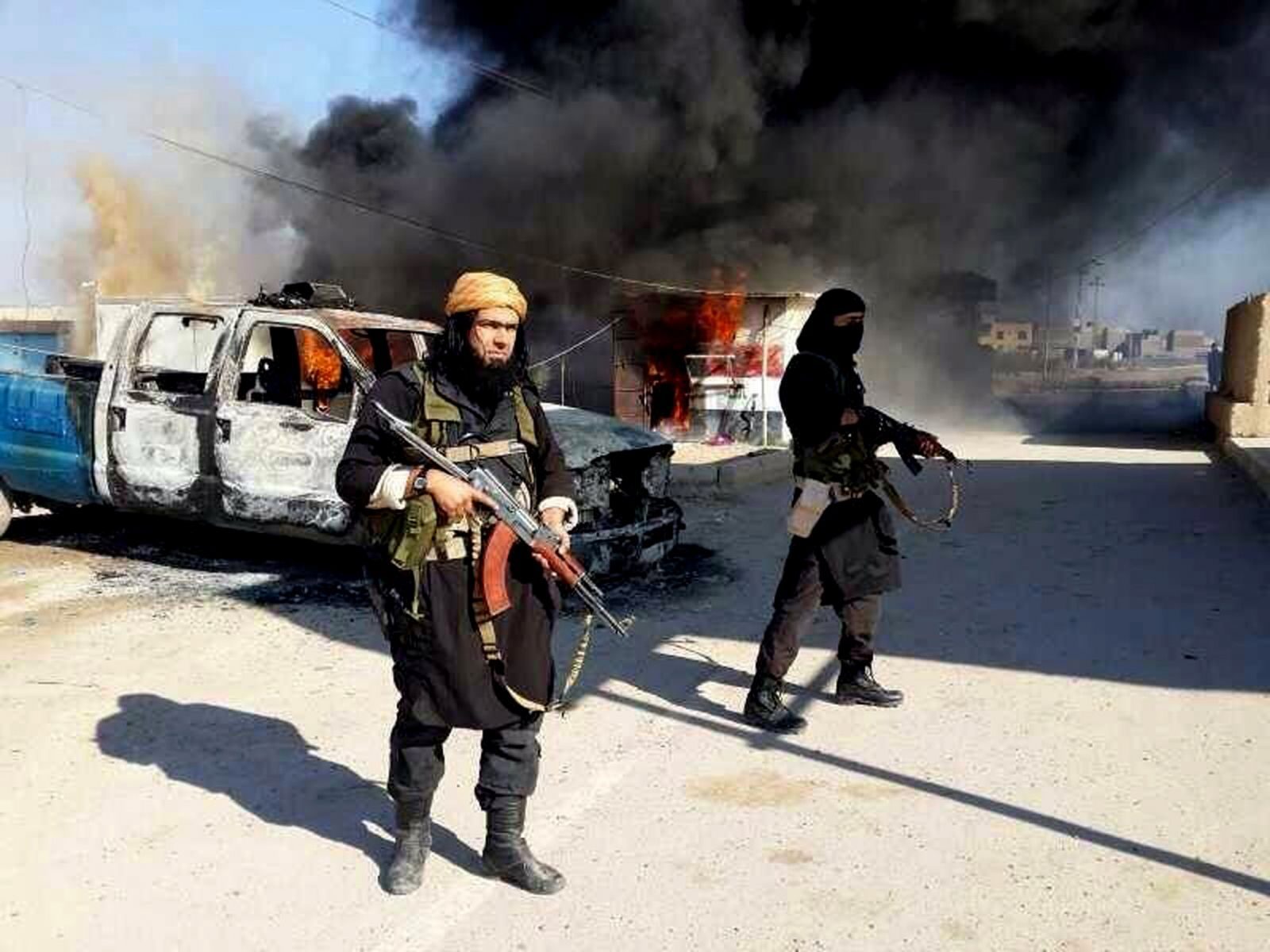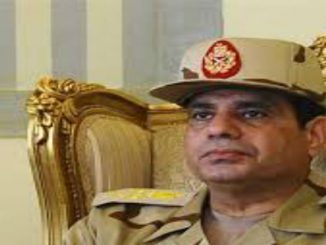
Many Libyans were shocked by the latest statement of Abdel Razek Al-Nazoury, the chief of General Khalifa Haftar’s army, when he revealed in an interview with an Egyptian newspaper, that “Haftar granted the Egyptian army easements on Libyan soil and territorial waters without obtaining the approval of any political institution in Libya, including the House of Representatives (HoR), “according to Libya Prospect.
Libya Prospect reported that, “According to the Egyptian newspaper, which published the statements of Al-Nazoury, who is also known to operate under the instructions of Major General Abbas Kamel, the director of the Office of Egypt’s Abdel Fattah Al-Sisi. The agreement between Haftar and Cairo occurred in the absence of any organization representing the Libyan public.”
Libyan Prospect considered Haftar’s move as a precedent saying that “Haftar’s waiver of Libyan territorial sovereignty can only be explained in the light of a very controversial history, where Haftar appeared to be a man willing to make concessions to those who can help him claim the throne so to speak.”
Gen. Khalifa Haftar is a major ally to Abdel Fattah al-Sisi of Egypt who led a military coup in 2013 against the first democratically elected President. He has got also many followers and supporters who believe that he fights the terrorist groups in Benghazi and other eastern Libyan cities.
After the victories of the forces of the Presidential Council (PC) against the Islamic State (IS) in Sirte with US air strikes’ assistance, a struggle of power has escalated between Gen. Haftar and the PC. The House of Representatives(HoR) in Tobruk refused to give a confidence vote to the Government of National Accord. Tobruk government supports Haftar against the he Government of National Accord(GNA) known as the UN-backed government.



